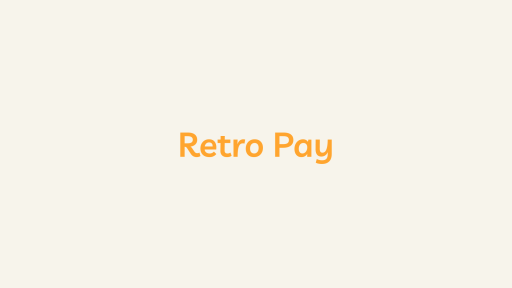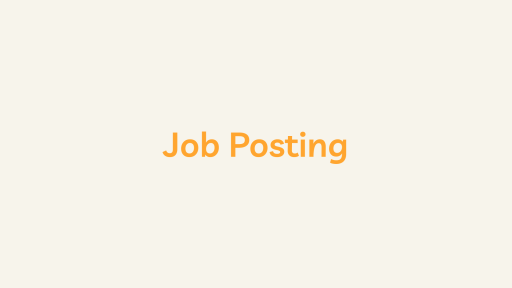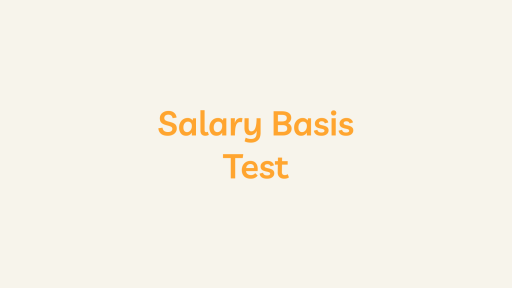What is a Professional Employer Organization (PEO)?
A Professional Employer Organization (PEO) is a third-party outsourcing firm that provides businesses with comprehensive human resources (HR) services. PEOs enable companies to outsource certain HR functions, such as payroll processing, employee benefits administration, human resources management, and regulatory compliance, allowing the client company to focus on its core business activities.
Here are key aspects of Professional Employer Organizations (PEOs):
1. Co-Employer Relationship:
- A PEO arrangement has a co-employer relationship between the PEO and the client company. The client company remains responsible for its business’s day-to-day management and operations, while the PEO takes on certain HR-related responsibilities.
2. HR Services Offered by PEOs:
- PEOs typically offer various HR services, including payroll processing, employee benefits administration (health insurance, retirement plans), human resources management, workers’ compensation administration, risk management, and regulatory compliance.
3. Payroll Processing:
- One of the primary services provided by PEOs is payroll processing. They handle tasks such as calculating employee wages, withholding taxes, and processing payroll checks. This helps streamline the payroll process for the client company.
4. Employee Benefits Administration:
- PEOs often manage employee benefits programs on behalf of the client company. This includes health insurance, retirement plans, and other employee perks. By pooling employees from multiple client companies, PEOs may offer cost-effective benefits solutions.
5. Human Resources Management:
- PEOs assist in various HR functions, including employee onboarding, performance management, employee relations, and compliance with employment laws. They may provide expertise in HR best practices.
6. Risk Management and Workers’ Compensation:
- PEOs help manage risks associated with employment, including workers’ compensation claims and safety programs. They may handle claims processing and ensure compliance with safety regulations.
7. Regulatory Compliance:
- PEOs stay abreast of changing employment laws and regulations. They assist client companies in maintaining compliance with federal, state, and local labor laws, reducing the risk of legal issues.
8. Employee Leasing:
- Some PEOs engage in employee leasing, where the PEO hires the client company’s employees and then leases them back to the client. This can simplify HR administration and provide certain benefits, but it also involves a co-employment relationship.
9. Economies of Scale:
- PEOs often serve multiple client companies, allowing them to achieve economies of scale. This can result in client cost savings, particularly in areas like employee benefits, where a larger pool of employees may lead to better rates.
10. Focus on Core Business:
- By outsourcing HR functions to a PEO, client companies can focus more on their core business activities. The administrative burden of HR tasks is transferred to the PEO, allowing the client to concentrate on strategic growth and operations.
11. Flexibility in Size and Industry:
- PEOs cater to businesses of various sizes and industries. Whether a small startup or a larger enterprise, companies can benefit from the services of a PEO.
12. Contractual Relationship:
- A service agreement typically formalizes the relationship between a client company and a PEO. This agreement outlines the scope of services, fees, responsibilities, and the duration of the arrangement.
Conclusion
Professional Employer Organization (PEO) is a valuable resource for businesses seeking to outsource HR functions. PEOs offer a range of services that allow client companies to streamline HR administration, achieve cost savings, and remain compliant with employment laws. The co-employer relationship established with a PEO allows businesses to focus on their core operations while leveraging the expertise of HR professionals.





